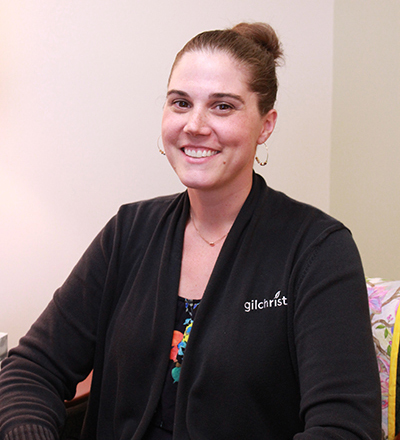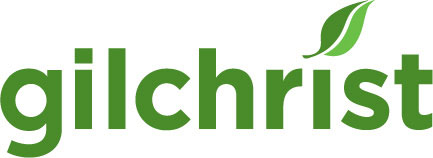National Caregivers Month and Taking Time for Yourself

Did you know that November is National Family Caregivers Month? If you are a caregiver, you may not realize what day it is, let alone what month—especially during this pandemic.
We at Gilchrist understand how difficult caregiving can be. If there is one message caregivers should know, it is that self-care is NOT selfish. To be fully present to another person’s needs, you need to make sure you have something left to give.
To use an analogy, we all know you can’t drive a car on an empty tank of gas. On a lengthy trip, when the gas gauge starts getting low, you may glance at it more often or at least start looking for a place to refuel. Our cars have a built-in monitoring system to let us know that we need to slow down and gas up. If we don’t, we may be stuck on the side of the road, unable to make it to our destination.
Our bodies also have a built-in mechanism to let us know we need to slow down and refuel. Signs such as fatigue, irritability and worry are indications that your “fuel gauge” is getting low. Ignoring these warning signs places added stress on your body—physically, emotionally and spiritually—and puts your own physical and mental health at risk. If you don’t take care of yourself, you may ultimately hinder your ability to help your loved one.
How to Care for Yourself While Caring for a Loved One
You can start by accepting help from others and making time for your own needs. Here are a few ideas.
Ask for help or accept a lending hand from others. Remember, most of us would be more than willing to help a friend in need, so when the shoe is on the other foot, recognize that friends may feel good assisting you in your time of need.
Connect with others and realize you are not alone on your journey. Many groups are willing to support caregivers, and now many of them are offering virtual support—one of the few positive things to come out of the pandemic. Caregivers now have more opportunities to create a community of peers without leaving home, which may be difficult if someone depends on them for care.
Take a break. Find some time for respite, whether taking a nap, doing a five-minute meditation, taking a bubble bath or stepping outside for a deep breath of fresh air. Self-care does not have to be lengthy or lavish—but it can be. The goal is to make sure that however you decide to focus on your own needs is more helpful than hurtful. Practicing “healthy selfishness” is a way to refuel and is necessary to be at your best for your loved one.
By taking a moment to read this article, you just took a small step toward taking time for yourself. Pat yourself on the back for recognizing the importance of self-care. This could be the start of your journey.
To learn about the Counseling & Support services at Gilchrist, visit gilchristcares.org/counseling-support.


